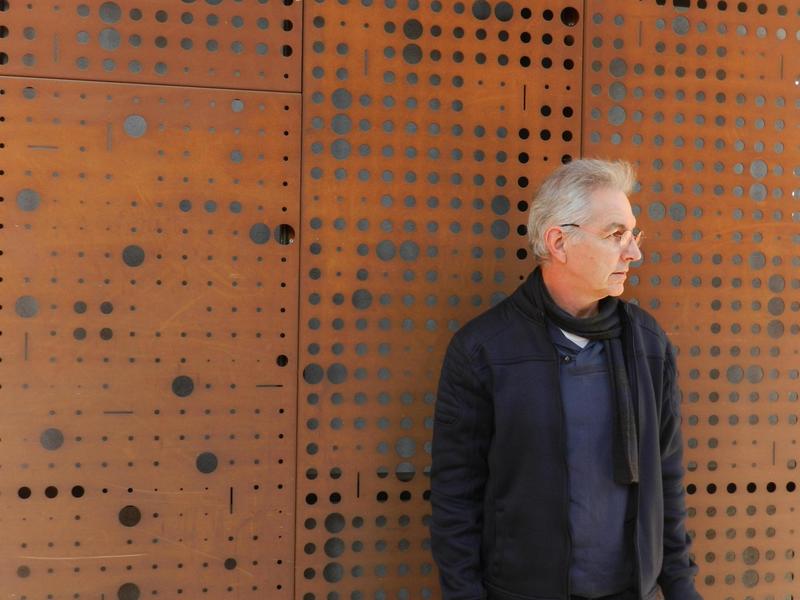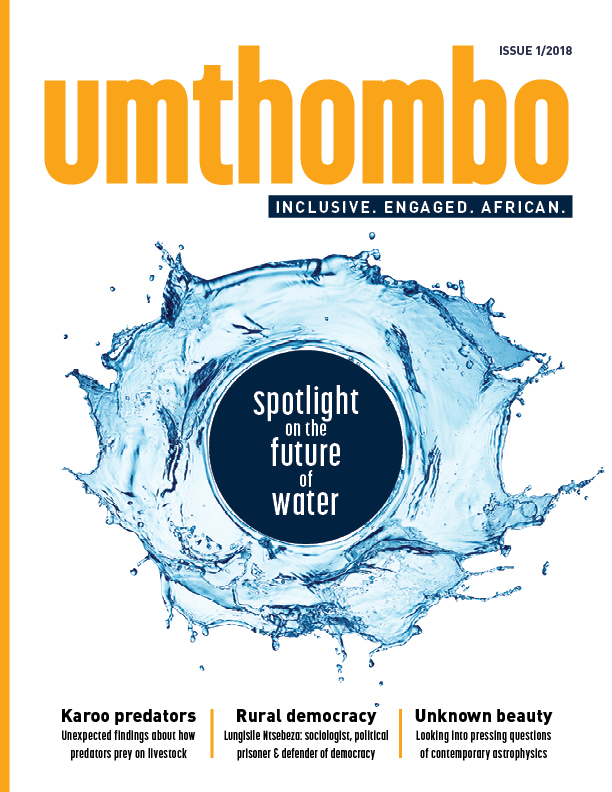UCT and the Worldwide Universities Network 10 years on
29 June 2018 | Story Ambre Nicolson. Read time 6 min.
UCT has been a member of the Worldwide Universities Network (WUN) for nearly 10 years. UCT Vice-Chancellor Dr Max Price reflects on a relationship that goes beyond successful research collaboration to include UCT’s role in shifting a formerly global north outlook to embrace an African, southern perspective.
UCT joined WUN in 2009, as one of the first internationalisation decisions after the start of Price’s tenure as vice-chancellor. “Of the various networks that we considered, we chose WUN because its primary focus is to promote research collaboration with seed funding. Secondly, its members are roughly at the same level as UCT in terms of research intensity,” Price explains. “And thirdly, with fewer than 20 members when we joined, it was small enough to ensure that the relationships we built with other institutions would be meaningful.
“It’s an opportunity for the leaders of institutions to hear how different universities are thinking about, for example, the future of online learning, the fourth industrial revolution, the changing nature of work and jobs, the pandemic of mental disorders on campuses or the consequences of identity politics for intellectual debate."
Price believes that UCT not only gained the opportunity to participate in collaborative research projects that would not otherwise have existed, but that UCT also had the chance to shift and influence the kind of work being done at other universities and to bring an African or a southern perspective to it.
In the years that followed, UCT academics have worked on dozens of research projects in collaboration with other WUN members. At present, WUN has identified four global challenges as themes that provide a framework for collaborative research: responding to climate change; non-communicable diseases and public health; global higher education and research; and “understanding cultures”, which facilitates interdisciplinary research for understanding some of the principal consequences of globalisation for cultural identities. UCT researchers have worked on projects in all four global challenge areas. The Research Office estimates that during 2017 UCT earned about R2.4 million (GBP144 514) in research funding catalysed by WUN collaboration.
Now, almost a decade on, Price believes that UCT not only gained the opportunity to participate in collaborative research projects that would not otherwise have existed, but that UCT also had the chance to shift and influence the kind of work being done at other universities and to bring an African or a southern perspective to it. “As research partners, we could influence the agenda of the research being conducted,” says Price.
At the time, UCT wanted to consolidate its role as a hub connecting universities on the African continent. “Joining WUN meant that we could extend our project to become a global meeting point between the rest of the world and African academia,” he says.
During Price’s tenure as WUN chair and then deputy chair, two other African universities – the University of Ghana and the University of Nairobi – were invited to join WUN, with two South American universities currently in the process of joining.
Another important benefit derived from being a WUN member has been the open-door policy enjoyed by universities in the network, which results in valuable knowledge sharing. “We have also been able to send our professional staff, such as those that work in alumni relations or the registrar’s office, to visit other WUN members and see how similar challenges are addressed there.
“The annual vice-chancellors meeting,” says Price, “is one of WUN benefits I value most highly. The meeting brings together university presidents and vice-chancellors from universities that are broadly similar, but facing different national concerns and environments.
Another important benefit derived from being a WUN member has been the open-door policy enjoyed by universities in the network, which results in valuable knowledge sharing.
“It’s an opportunity for the leaders of institutions to hear how different universities are thinking about, for example, the future of online learning, the fourth industrial revolution, the changing nature of work and jobs, the pandemic of mental disorders on campuses or the consequences of identity politics for intellectual debate. The meeting is closed – so people aren’t there just to make their universities look good, as can happen on public platforms; they’re there to talk about the shared challenges we face and to learn from one another.”
 This story was published in the inaugural issue of Umthombo, a magazine featuring research stories from across the university.
This story was published in the inaugural issue of Umthombo, a magazine featuring research stories from across the university. Umthombo is the isiXhosa word for a natural spring of water or fountain. The most notable features of a fountain are its natural occurrence and limitlessness. Umthombo as a name positions the University of Cape Town, and this publication in particular, as an undepletable well of knowledge.
Read the complete first issue online or subscribe and receive new issues in your inbox every few months.
 This work is licensed under a Creative Commons Attribution-NoDerivatives 4.0 International License.
This work is licensed under a Creative Commons Attribution-NoDerivatives 4.0 International License.
Please view the republishing articles page for more information.








